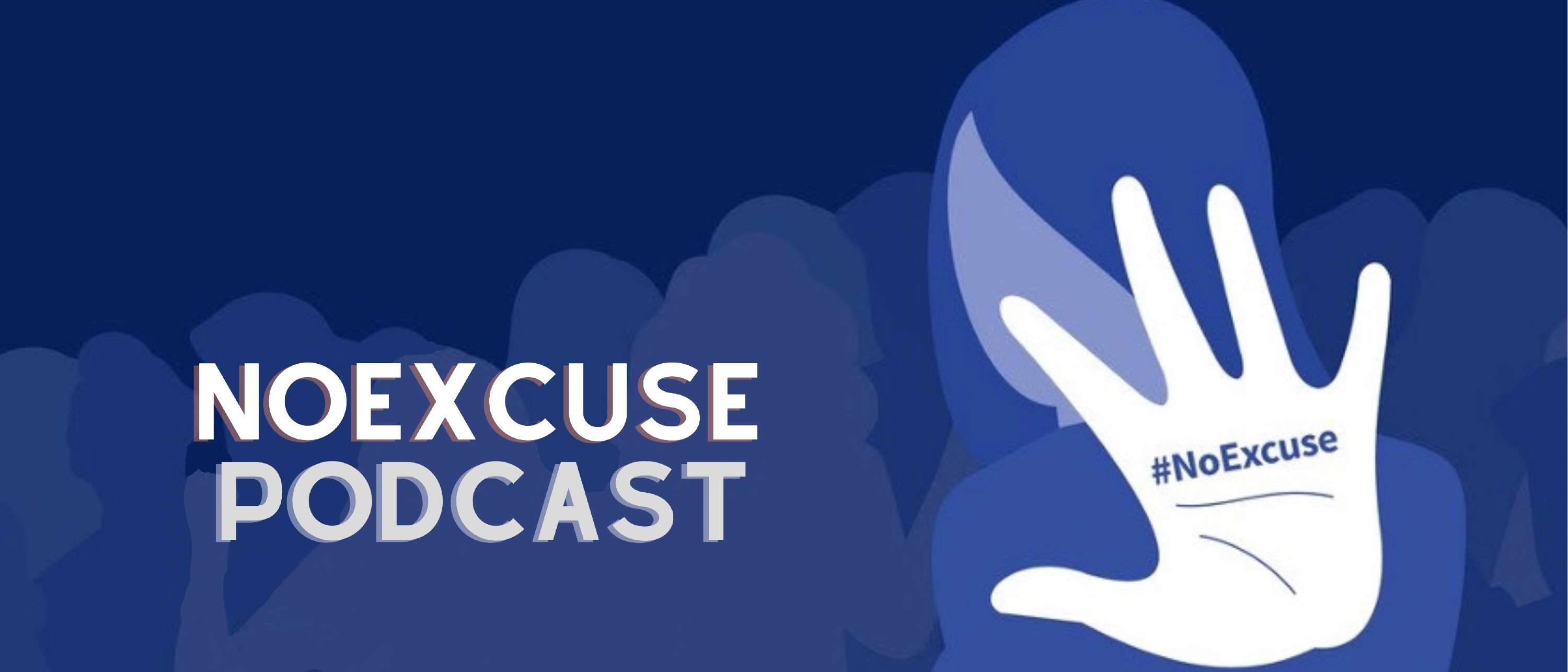Episode #82 - Older adults and COVID-19 vaccines
Alternative media
Transcript
VGS What do we know so far about older adults and COVID 19 vaccine? How long does the effect of the vaccine last? And how successful have countries been in vaccinating their older adults? Hello and welcome to Science in 5, I'm Vismita Gupta-Smith. We are talking to Dr. Katherine O'Brien today. Welcome, Kate. Let's start with what we know so far about older adults and COVID 19 vaccine.
KOB So nice to be with you again today and to talk about vaccination in older adults. The reason we're talking about it is that older adults are one of the groups that are at highest risk of severe disease, hospitalization and death if infected with the COVID-19 virus. And so we've really prioritized those groups of people for vaccination. And so that's one of the most important things that we all align on is why vaccination is so important in older adults.
So there's no one age, that is the overall cutoff age, for what's an older adult. But in general at WHO we speak about people who are over 60 years of age. Now, the vaccines have been really, really effective at protecting older adults from the severe end of the disease spectrum of COVID 19. It's the reason in large part why in countries where most older adults are vaccinated, the serious consequences of COVID 19 infection have really plummeted.
People may still get an illness, a mild illness, but they're not going to end up in hospital. They're not going to end up in an intensive care unit or with the most dreaded outcome, actually dying from COVID-19.
VGS Kate, how long does the effect of the vaccine last in older adults?
KOB What we know is that the vaccines that we have now and the variants that are circulating now, there is a reduction in the performance of vaccines, especially for mild disease and infection. But they hold up very well over time against severe disease, hospitalization and death. We want to give the vaccines their very best opportunity to give maximum protection to people who are vaccinated, and especially to those who are at highest risk of severe disease, which includes those over 60.
So for that reason, the booster dose is a really important part of a complete schedule of vaccination. So people will get much better protection if they've received their booster dose. But especially for those people who are at highest risk of disease, we want them to have the optimum protection, the best protection possible. And for that reason we've recently recommended that a second booster dose is given to people over the age of 60 years.
Somewhere around six months after they've received their last booster dose. It can be given a little bit earlier, it can be given at four months after the last booster dose, that's really a decision with the health care provider about exactly when to provide it.
VGS Kate, speak to us about how successful countries have been in vaccinating older adults and what have been some of the challenges.
KOB Well, globally, about 77% of older adults have been vaccinated, but that average doesn't apply across all countries. In low income countries, only about 34% of older adults have been vaccinated. So there's quite some distance to go. Now, every country has struggled with how to get older adults vaccinated. And so we have a few things that have really been challenging. The first is just to know who the older adults are, the target population, as we call it. Many people who are older adults don't have a birth certificate and don't actually know what their age is, and certainly the programs don't know who they are.
The second is really the acceptability of vaccines. Are the social norms, are the customs, are the religious beliefs supporting and aligned with an older adult getting vaccinated. The third thing is really around accessibility. Older adults often have mobility issues. So it's really important that countries are bringing vaccines to the homes of older adults, doing house to house vaccination or offering vaccinations in places where older adults are otherwise carrying out their daily activities.
These may be religious centres, they may be community centres, they may be markets or meeting places. And then finally, is the sort of approachability, the behaviour of the vaccinators and the frontline workers really need to be perceived as confident and trusted sources for older adults who don't routinely receive vaccines.
In Mozambique, the Help Age International has distributed solar powered radios to rural older adults so that they can receive communication and information about when the vaccinators are going to be around and how they should actually go and get vaccinated. So that's just one example of some of the innovation that many countries are deploying to assure that the reach of vaccines gets to these older adults who are the highest priority group.
VGS Thank you, Kate. That was Science in 5 today. Until next time then, stay safe, stay healthy and stick with science.



